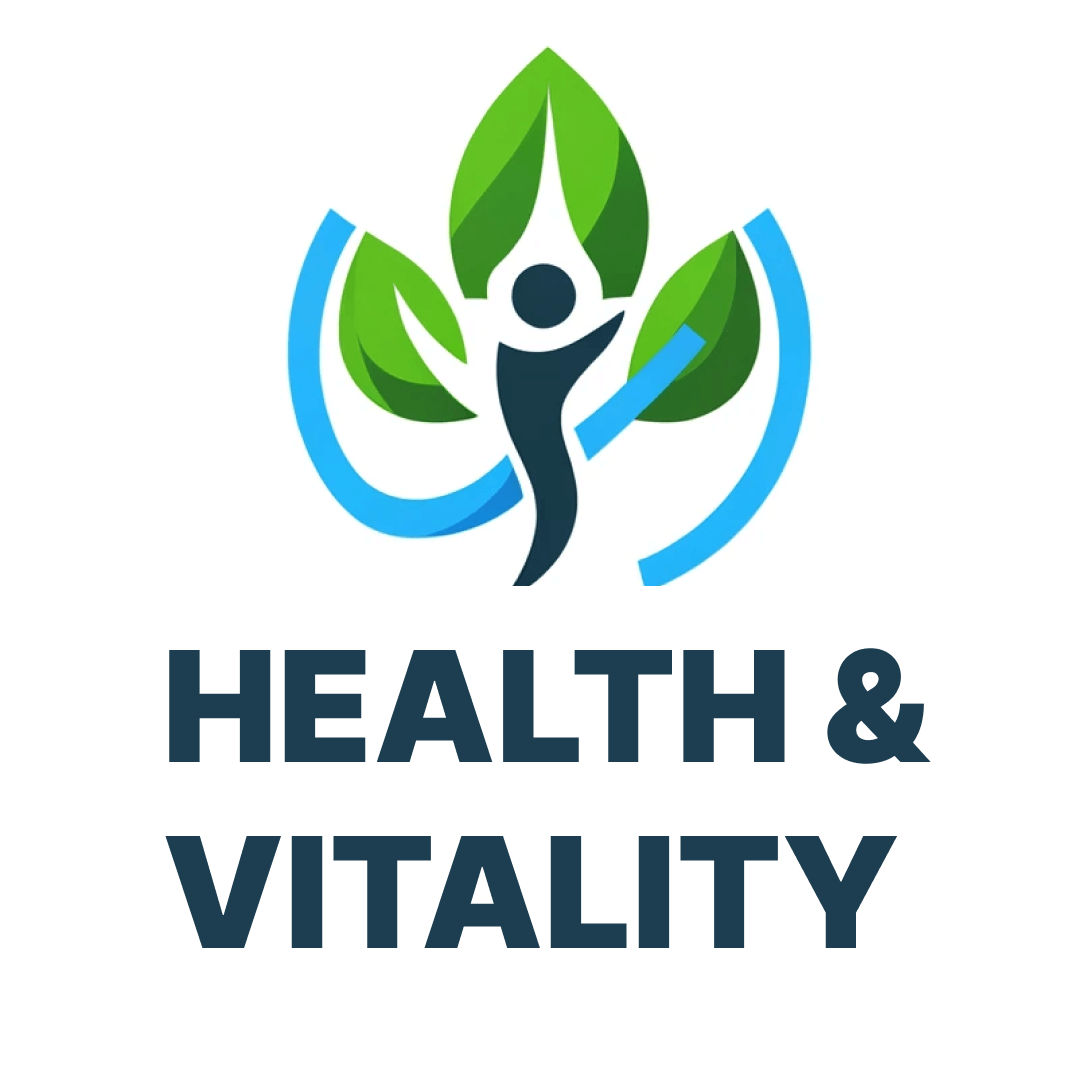Wellness Articles
How to Lower Your Blood Pressure: A Guide to Heart Health
High blood pressure, also known as hypertension, is a common health issue that affects millions worldwide. Left unmanaged, it can lead to serious health complications such as heart disease, stroke, and kidney damage. Fortunately, there are effective strategies to lower your blood pressure and reduce your risk of these conditions. Here's a comprehensive guide, inspired by leading online health publications, to help you understand and manage your blood pressure better.
Understand Your Blood Pressure Readings
Blood pressure readings are given in millimeters of mercury (mm Hg) and include two numbers. The systolic pressure (the first number) measures the pressure in your arteries when your heart beats. The diastolic pressure (the second number) measures the pressure in your arteries between beats. A normal blood pressure reading is around 120/80 mm Hg. High blood pressure is typically defined as having a reading of 130/80 mm Hg or higher.
Lifestyle Changes to Lower Blood Pressure
1. Maintain a Healthy Weight
Being overweight or obese increases your risk of high blood pressure. Losing even a small amount of weight can help lower your blood pressure significantly. Aim for a healthy Body Mass Index (BMI) range and consult with your healthcare provider to set realistic weight loss goals.
2. Adopt a Heart-healthy Diet
The Dietary Approaches to Stop Hypertension (DASH) diet is widely recommended. It focuses on eating fruits, vegetables, whole grains, lean proteins, and healthy fats while limiting salt, red meat, and added sugars. Reducing your sodium intake can have a considerable effect on lowering your blood pressure.
3. Increase Physical Activity
Regular physical activity can help lower blood pressure by strengthening your heart, allowing it to pump more efficiently with less effort. Aim for at least 150 minutes of moderate-intensity exercise, such as brisk walking or cycling, per week.
4. Limit Alcohol and Quit Smoking
Excessive alcohol consumption can raise your blood pressure. Limit your intake to the recommended amounts — up to one drink a day for women and two for men. Additionally, smoking damages your blood vessels and can raise your blood pressure. Quitting smoking can improve your overall health and lower your risk of heart disease.
5. Manage Stress
Chronic stress is a contributor to high blood pressure. Techniques such as meditation, deep breathing, and yoga can help manage stress levels. Also, make time for hobbies and activities you enjoy.
Medical Management
If lifestyle changes aren't enough to lower your blood pressure, your doctor may prescribe medication. There are several types of blood pressure medications, and you may need more than one to effectively manage your condition. It's important to follow your treatment plan and have regular check-ups to monitor your progress.
Monitoring Your Blood Pressure at Home
Investing in a home blood pressure monitor can help you keep track of your blood pressure levels. Regular monitoring can provide valuable information to your healthcare provider and motivate you to continue your health journey.
The Bottom Line
Lowering your blood pressure requires a combination of healthy lifestyle choices and, in some cases, medication. By understanding your blood pressure readings and implementing these strategies, you can significantly reduce your risk of heart disease and lead a healthier life. Remember, managing blood pressure is a lifelong commitment to your heart health.
